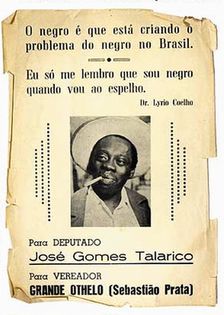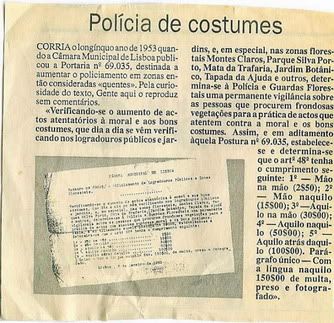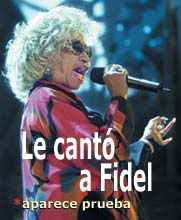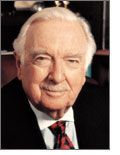O Homem que se Chamava Free Lolita Pictures
emprestado pelo Alexandre Soares Silva
Mais coisas * Estórias * Fotografias * Viagens * Colunistas * Correio



O Gambá é uma revista diária de opiniões. De todo o tipo de opiniões. E por isso tem opinião própria que exercerá quando os seus editores estimem pertinente. Este é um desses casos.
A presidenta do Panamá decidiu anistiar cinco terroristas cubanos. É uma decisão sua. Mas é uma má decisão. É acima de tudo, uma decisão que num mundo post 11 de Setembro envia uma mensagem errada. Os cinco homens, ou pelo menos quatro deles, provocaram nos últimos 40 anos muitas lágrimas, sangue e desgostos a muitas familias cubanas, na ilha e em Miami, no Chile, na Guyana, em Barbados, na Coreia do Norte, no Panamá, nos Estados Unidos, na Venezuela, na Italia, na Polónia e em Portugal e Angola, sem esqueçer El Salvador e Nicarágua. Nalguns casos, os culpados foram levados aos tribunais e condenados, noutros foram absolvidos, mas nunca foi feita justiça às suas vitimas.
E, uma anistia não é nunca uma justiça para as vitimas dos algozes.
Os cinco estavam presos no Panamá desde o ano 2000 quando foram apanhados numa tentativa de assassinar um chefe de estado estrangeiro num país que não era o seu. Pondo assim em perigo a estabilidade democrática de um país como o Panamá, num momento em que todo o continente assiste a uma real força de vontade de aterse aos instrumentos de convivencia democrática.
Não há terrorismo bom nem terrorismo mau. O terrorismo é mau, venha de donde vier. Mas é pior ainda quando se envolve numa falsa vontade libertadora que visa unicamente a recuperação de espaços e a restauração de políticas que foram, manifestamente, desfeitas por vontade popular.
Hoje em dia, o poder não se conquista na ponta de uma espingarda, mas na boca das urnas. Qualquer tentativa de inverter estes valores deve ser condenada ao fracaso. Mas qualquer tentativa de prostituir eses valores baixo um manto de pretensa preocupação por direitos humanos é, acima de tudo, um insulto não só à inteligencia humana como à memória dos tombados em defesa da perpetuação da defesa dos direitos humanos.
A relação de Cuba com o Panamá não é milenar mas é intensa. Económica e politicamente. A maior parte do mandato de Moscoso decorreu dentro desse esquema. Ela nunca o renegou, possivelmente até que se deu conta que os panamianos estavam a ponto de deixar de lhe pagar as contas e decidiu o seu destino.
Obviamente a presidenta do Panamá, que sempre governou como quem toma conta da cozinha lá de casa, é soberana no seu próprio país; mas também as vítimas dos homens que ela perdoou teem o direito à indignação. Mireya Moscoso tomou a decisão de amnistiar cinco homens no final do seu mandato, quando não necesita sequer de tirar dividendos do seu gesto. Mireya Moscoso nunca tomaria essa decisão nem sequer no meio do seu mandato porque sabe perfeitamente que o seu país miserável, desprovisto de personalidade, precisa até de parceiros económicos como uma pequena ilha sem recursos económicos, que vive ao dia e paga fiado.
Mireya Moscoso não teve colhões para ser consecuente até ao fim. A ilha sempre se vai lembrar disso. E os Estados Unidos que ela tanto ama, e onde escolheu passar os seus últimos dias, também. E a vão desprezar.
O Gambá tem a certeza que Mireya Moscoso vai morrer profundamente só! [RF]



















 Fernandez
Fernandez


